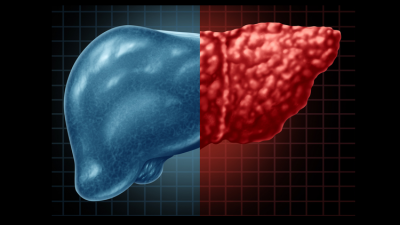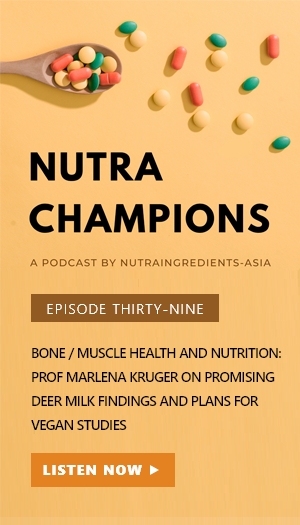Personalised probiotics: Tailoring to individual needs boosts health outcomes – new language-based tool

The language-model-based tool metaProbiotics can identify probiotic bins (clusters) that protect against various diseases.
The researchers found that individuals often lack certain probiotic gene modules, with significant variation of the missing modules across different diseases. This can affect the interaction of the gut microbiota with probiotics, and therefore the effects of probiotics use.
“Additionally, different gene modules on the same probiotic have heterogeneous effects on various diseases. We thus believe that gene function integrity of the probiotic community is more crucial in maintaining gut homeostasis than merely increasing specific gene abundance, and adding probiotics indiscriminately might not boost health,” wrote the researchers in Briefings in Bioinformatics.
In this study, researchers developed a language-model-based metaProbiotics tool, where DNA sequence parts are used as ‘words’ for modelling purposes to better understand how probiotics work within the body.
The researchers used metaProbiotics to identify probiotic clusters from probiotic-treated individuals. Gene function analysis revealed that the interaction of probiotics with different gene modules can lead to varied ways in which probiotics work.
The researchers focussed on the bins associated with the family of unclassified Ruminococcaceae. They found that all five Ruminococcaceae-related bins containing the bai operon cluster of genes were identified as probiotics, whereas no bai operon was found in non-probiotics Ruminococcaceae bins.
Prior research indicated that certain Ruminococcaceae can alleviate chronic insomnia and cardiometabolic diseases via the microbiota–bile acid axis. Thus, the researchers speculated that promoting bile acid metabolism is an important factor in the prebiotic functions of some Ruminococcaceae, and that genes related to bile acid metabolism, such as the bai operon, are the key genes responsible for the probiotic functions of these bacteria.
The researchers then assessed the abundance of probiotic bins identified from the above in the gut metagenome of individuals across various cohorts. Each cohort consisted of samples from both healthy individuals and individuals with specific diseases, including type 2 diabetes, liver cirrhosis and colorectal cancer.
“We found that in cohorts of different disease types, the proportion of healthy individuals with a total normalised abundance of probiotics greater than 0 consistently exceeded that of disease patients, indicating a higher odds value for health,” said the researchers.
They also observed that among cohorts of different disease types, the distribution patterns of the abundance of these probiotics between healthy individuals and disease patients might show significant variances.
When the researchers put these findings together, they believe that it offers insights for the clinical application of probiotics.
“Specifically, not all functional modules of probiotics may be protective against every disease. In interventions involving probiotics, the integrity of microbial functions should be prioritised, as an excessive increase in the abundance of specific probiotics might, in fact, produce undesirable outcomes,” the researchers concluded.
However, the researchers cautioned that metaProbiotics does not consider other external factors in the probiotic discrimination process. This limitation could hinder the application of metaProbiotics in personalised disease prevention and treatment.
In their future work, the researchers plan to develop a more holistic discrimination algorithm by incorporating more diverse information such as environmental factors and host details.
“We aspire to ultimately guide personalised medicine tailored to individual differences through big data–driven AI algorithms. This includes personalised probiotic interventions based on individual dietary habits and lifestyle information, as well as customised dietary and medication recommendations based on the characteristics of an individual’s probiotic microbiota,” said the researchers.
Source: Briefings in Bioinformatics
DOI: 10.1093/bib/bbae085
“metaProbiotics: a tool for mining probiotic from metagenomic binning data based on a language model”
Authors: Shufang Wu, Tao Feng et al.
Probiotics will be taking centre stage at our Growth Asia Summit 2024 this coming July, which will feature insights from a wide range of industry leaders and experts. Don't miss out – register here today!












